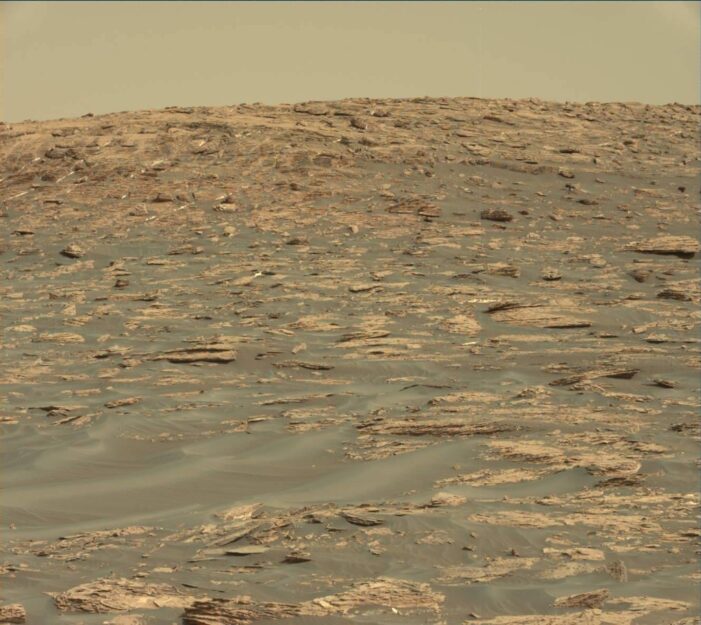When NASA scientists declared that finding alien organism on Mars surface is a possibility soon, they were not sure about the perchlorate effect.
Now that new research has found that the bacteria exposed to UV-activated perchlorate were killed within minutes, may change their perception about the possibility of life in the form of any organism, forget about the bacteria.
Perchlorate found in the Martian soil in 2008 can lower the freezing point of water substantially keeping it stable for several hours each summer day.
But the latest research by Jennifer Wadsworth and Charles Cockell from the University of Edinburgh, found that perchlorate gets activated by ultraviolet (UV) light, similar to the conditions which exist on the Martian surface, thus killing any form of living organism immediately.
When the researchers killed Bacillus subtilis, a form of bacteria with perchlorate at same concentration found on the Martian surface, within 30 seconds. Those which are exposed to non-UV radiation but only perchlorate were found to remain viable for at least an hour. Since bacteria died instantly when exposed to perchlorate and UV radiation, the support system for any life organism on Mars is ruled out, they argue.
“The mere presence of liquid water seeps, thought to be good locations to search for life, does not imply environments fit for life,” said researchers. The study was published in the journal Nature Scientific Reports.
Unless we find conditions which are not exposed to perchlorate and UV radiation, we cannot find alien life on Mars, concluded researchers dashing off any hope of NASA or other astro-physicists who had hoped to find one soon.
It remains to be seen whether SpaceX founder Elon Musk will change the schedule to send the first batch of enthusiasts to Mars next decade.

